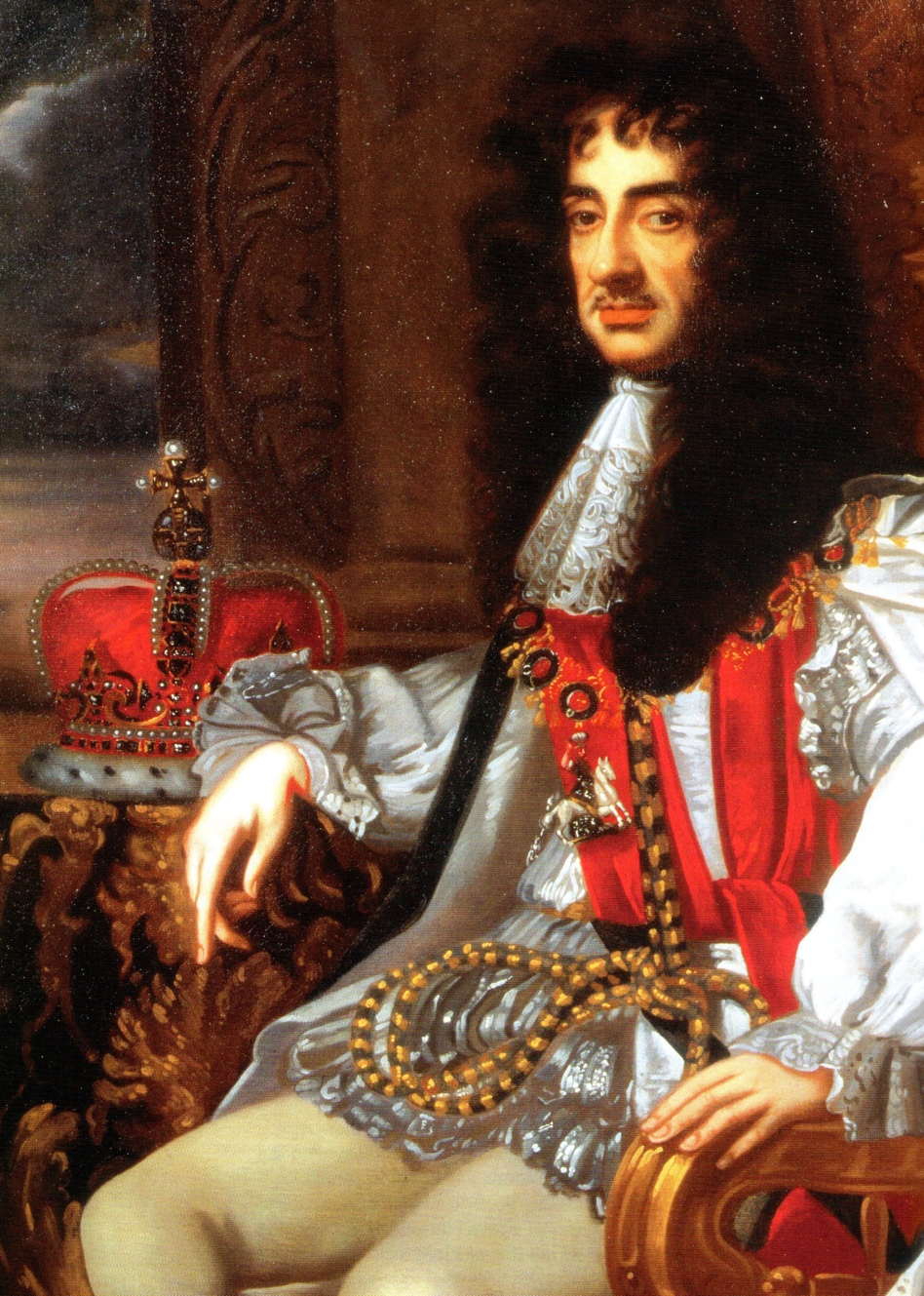Investment
or, Wealth is Gauche, but its Pursuit is Ennobling
P
layers may invest money in various ventures in order to gain more money. The return on investment is determined by the campaigns. Arms investors gain money when more troops are sent on campaign. Finance investors, having a stock in a stable currency, lose money when large numbers of troops are sent. Commerce investors profit from stability and national security and thus gain more when the armies are successful (military success is determined by averaging the battle results of all Army Commanders).Investments must be made in blocks of 1000 crowns. This amount is referred to as investment capital. All investments are initially solvent, but may become insolvent. Tables showing the returns are on the right.
Investment Return Tables
| Number of Brigades sent | Arms Investment return | Finance Investment return |
|---|---|---|
3 |
-50% |
+40% |
4 |
-20% |
+20% |
5 |
+30% |
+10% |
6 |
+50% |
-60% |
7 |
+80% |
-60% |
8 |
+100% |
-60% |
(Eight Brigades will be sent only if there is a player character as Minister of State.)
| Average outcome of Army commanders | Commerce Investment return |
|---|---|
1 |
+40% |
2 |
+20% |
3 |
+10% |
4 |
Break even |
5 |
-10% |
6 |
-20% |
When a + result appears, that is the amount that the investor receives as a percentage of his capital investment as a dividend. When a - result appears, that is the amount the investor must pay next month to make his investment solvent. If it is not paid in time, the investment is completely lost. If it is paid, the investment is solvent at its original level. In other words, the additional payment does not increase the investment capital. Solvent investments may be liquidated at any time for the capital in them minus a 10% liquidation fee.
The Quartermaster General of an Army may make purchases for that Army. In so doing, he designates one investor in arms as arms supplier for that Army, and that investor receives a return on his investment as if one more Brigade had been sent on campaign than were actually sent. If the Quartermaster General of an Army is an arms investor, he may designate himself as the arms supplier for that Army and reap the benefits. Rank hath its privileges.
The Chancellor of the Exchequer may manipulate state funds to benefit a certain financier. This has the same effect as do the actions of a Quartermaster General, except that it has the effect of causing the designated investor to receive a return on his investment as if two fewer Brigades had been sent on campaign.
Non-player characters will manipulate funds on a die roll of 7 on one die. Non-player Quartermasters General will award purchases to a player on a die roll of 7 on one die. These die rolls may be modified by the use of influence.
A non-player Minister of State may be influenced in his decision as to how many Brigades will be sent on campaign. He will add or subtract (depending on the wishes of the player trying to influence him) one Brigade from the number rolled on the Force Commitment Table on a die roll of 7. He will add or subtract two Brigades on a roll of 9. When he modifies the number of Brigades, determine which Brigades go by consulting the column of the Force Commitment Table that shows the correct number of Brigades. The level of force commitment may not be modified to less than 3 or more than 8 Brigades.
If the modified total of Brigades is three, roll a die. On a roll of 1 through 3, use column 1 on the Force Commitment Table; on a roll of 4 through 6, use column 3 of that table.
EXAMPLE: A five is rolled on the Force Commitment Table with the result that four Brigades go on campaign. An arms investor uses a level 7 favour to influence the Minister of State. He rolls a 6, which is modified by the level 7 favour into a 7. Thus, one Brigade is added, and the new total is five Brigades. The only column on the Force Commitment Table showing five Brigades is column 6. Consequently, the Horse Guards Brigade, the Heavy Brigade and the 1st, 3rd and 4th Brigades of Foot go on campaign.




Comments